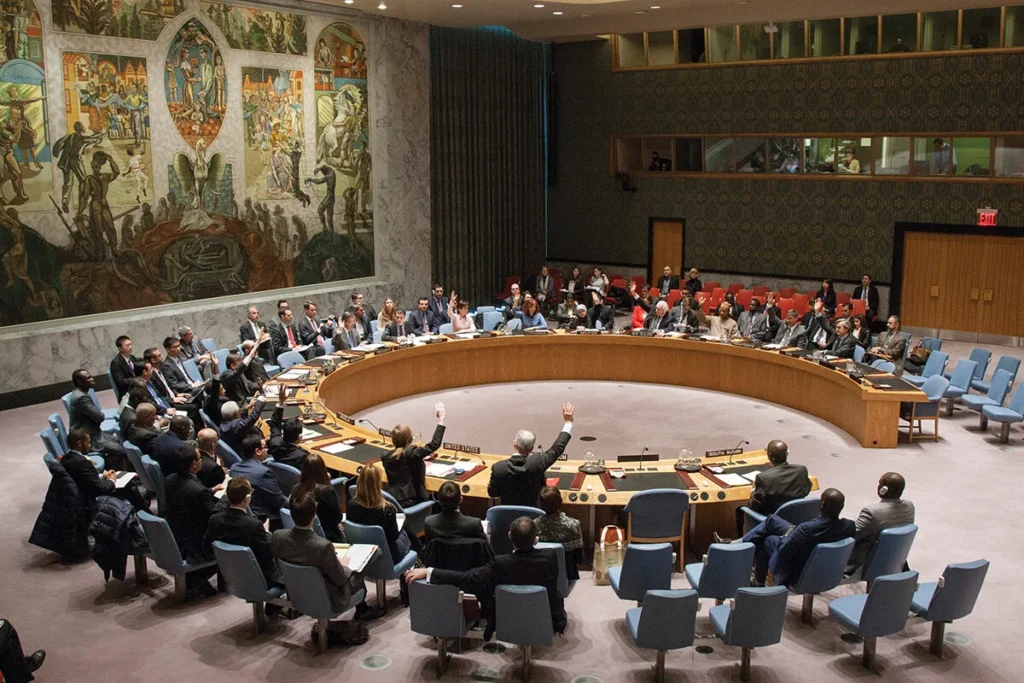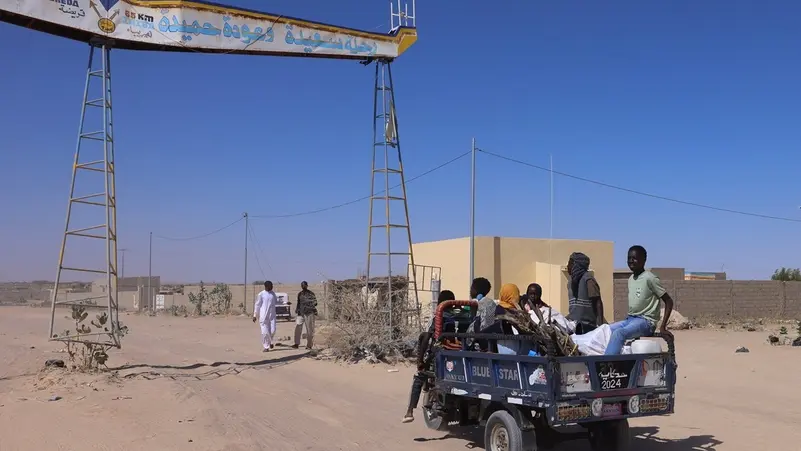
South Sudan has announced plans to shutter schools and advise children against outdoor activities as temperatures are forecasted to surge to an unprecedented 45 degrees Celsius (113 degrees Fahrenheit).
The nation, located in East Africa, faces increasing occurrences of heatwaves, attributed largely to its vulnerability to climate change, although temperatures seldom surpass 40C.
In a joint statement issued by the ministries of education, health, and environment, authorities warned of anticipated high temperatures ranging from 41C to 45C over the coming week.
The heatwave, projected to endure for a minimum of two weeks, has already resulted in cases of heat-related fatalities, though specifics were not disclosed.
Citing “serious health hazards” for students, the government has opted to close all schools starting March 18.
Parents are urged to prohibit outdoor activities for their children, particularly emphasizing vigilance for signs of heatstroke among younger individuals, as conveyed in the official statement.
South Sudan, grappling with recurring episodes of drought and escalating rainfall extremes, confronts compounded challenges amidst ongoing conflicts and economic instability since gaining independence from Sudan in 2011.
Scientists underscore that the escalating frequency, duration, and intensity of heat waves serve as conspicuous indicators of global warming.
Despite its significant oil reserves, South Sudan remains one of the world’s poorest countries, plagued by prolonged warfare, natural calamities, famine, economic downturns, and communal strife.
According to the United Nations, a staggering 80 percent of the nation’s estimated 11 million populace will require humanitarian assistance in 2024.
While a power-sharing peace accord was brokered in 2018, numerous provisions remain unfulfilled due to persistent disagreements. South Sudan continues to grapple with the ramifications of its tumultuous history, striving to surmount multifaceted challenges as it seeks stability and progress.




